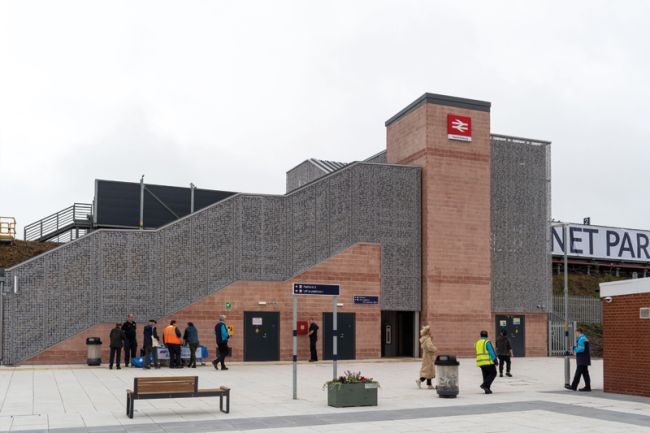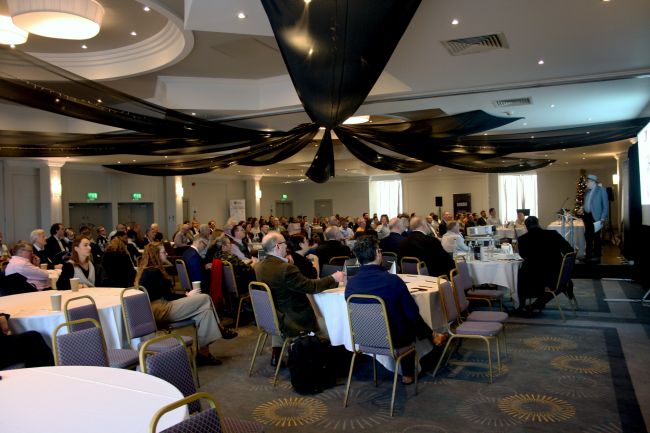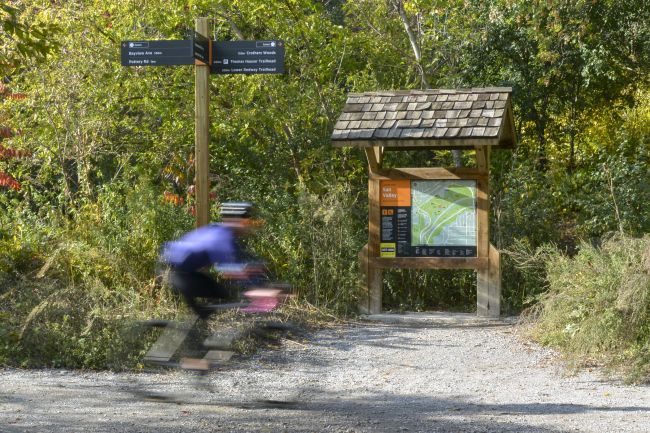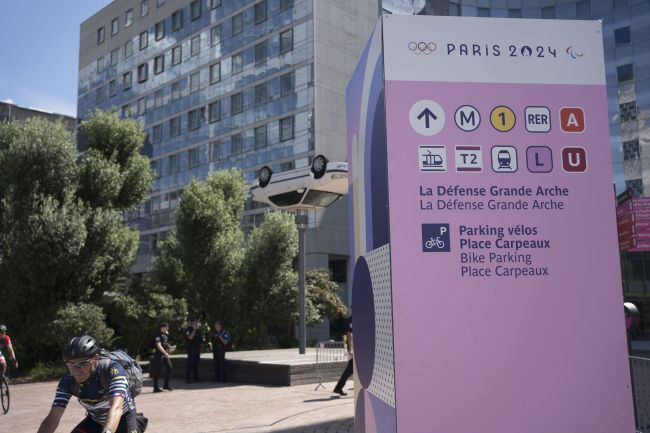Making economic growth the smarter travel choice
Can travel choice interventions & the creation of communities help overcome some of the barriers to economic growth?

Here we consider whether travel choice interventions, and the creation of communities and places can help overcome some of the barriers to economic growth facing Local Economic Partnerships.
Has the time arrived for the language that is used regarding the application of behaviour change interventions to evolve into a tone that places them front and centre of a transport practitioner’s toolbox that can help sustain economic growth? Or is there a danger they will lose out to the ‘big ticket’ items that LEPs in particular are likely to focus on?
Don’t get me wrong. The step-change in funding for behaviour change interventions through pots such as the Local Sustainable Transport Fund is to be welcomed. There does now need to be another step – and that is one away from behaviour change interventions being seen as a fad, to them being a credible part of the solution to support economic growth. This may now be the language required to encourage LEPs to incorporate these interventions in their investment programmes.
There is a fascinating debate to be had I think. The current trend for short term grant/bid funding has, possibly with the exception of things like multi-modal journey planners and challenge schemes, forced practitioners, into what I am calling ‘modalism’ rather than thinking of the transport system as a whole and consequently the real value of behaviour change interventions is in danger of being lost. For me one of the barriers to economic growth is the fact that our transport system (irrespective of mode) is being used inefficiently:
- Roads are busy, but not all the time and not in all locations
- Public transport may be busy, but not all the time and not on all routes
- Cycle facilities (where they exist) are not as busy as they could be
- Walking is only now being promoted as an efficient alternative in a few locations.
While, in some cases one of the reasons for the inefficient use of transport is because its quality is variable, another is that the system continues to be used in an inefficient way just because we are creatures of habit. Improvements to the system must continue but let’s not lose sight of the real value of behaviour change interventions that help ensure the system is used efficiently, and in doing so support a vibrant local economy.
If you’re a home-owner you might do best to ensure that as a first step you use of all the rooms you have before building an extension – why not the same thinking with the transport system?
Case Study: Changing travel behaviours in London
Nowhere is there a more incredible example of the benefits to the economy of deploying behaviour change interventions to encourage more efficient use of the transport system than in London last summer. One third of Londoners changed their travel behaviour as a result of the Get Ahead of the Games campaign, London’s transport system coped with the additional 11 million people in the Capital, the Games was a success and UK PLC benefitted (and continues to benefit) to an amount far in excess of that invested in the campaign. Had Londoners continued to travel the way in which they did prior to the Games, the transport system would have cracked under the pressure and the success of the Games and the benefits to the economy would have been severely diluted.
As competition for funding becomes even more acute and move diverse, it’s time for behaviour change interventions to be justified based on how they help the transport system perform more efficiently, give wider benefits, and in doing so support economic growth.
We are currently offering clients a peer review service that considers how sustainable travel (including LSTF) is delivering on its economic growth objectives, the shift to LEPs and indeed the next round of LTP preparations.























